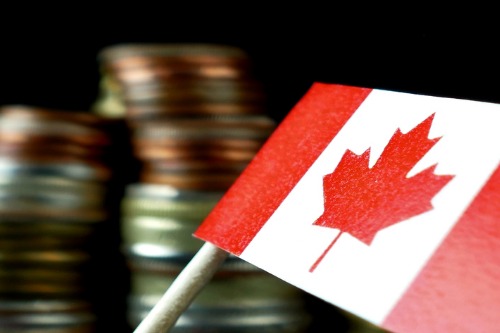New rules around double-taxation treaties could disproportionately impact some foreign investors and Canadians seeking shelter abroad

From a tax-transparency perspective, Canada doesn’t have the cleanest of reputations. It’s near the bottom of the G-20 in terms of having a strong legal framework against financial corruption, and it has also been identified as the world’s 21st most secretive tax jurisdiction based on the most recent Financial Secrecy Index.
But things could soon change for some foreign investors in Canada, as well as some Canadian companies investing abroad, thanks to a new set of rules defined under the Organisation for Economic Co-operation and Development’s (OECD) Multilateral Instrument (MLI), which will come into force on December 1.
As reported by the Financial Post, countries that have signed the MLI are required to abide by minimum standards against treaty shopping and abuse that are set out in the OECD’s Base Erosion and Profit Shifting (BEPS) project. Specifically, they are to include those standards in “covered tax agreements (CTA),” in which both countries in a double-taxation treaty have ratified the MLI and notified the OECD that their agreement is covered.
The most significant impact of the MLI is the incorporation of the so-called principal purpose test (PPT). In cases where it’s reasonable to conclude that a transaction was done under a treaty primarily to obtain benefits under the treaty, such benefits may be denied.
“The PPT may disproportionately apply to holding companies or other entities that do not have significant substance in a jurisdiction,” Patrick Marley, a tax lawyer in Osler, Hoskin & Harcourt, told the Post.
Tax authorities may consider granting of treaty benefits to such companies as counter to the spirit behind the provisions. Therefore, Marley said, “there is a greater likelihood that disputes involving such companies may need to be resolved by the court.”
Canada has notified the OECD that it is open to having the MLI applied to 84 out of its 93 double-taxation treaties. Among Canada’s most important trade partners in 2018, five have signed the treaty; only two — the U.K. and Japan — have gone on to ratify it.
The U.S., Germany, and Switzerland have not signed the MLI, but Canada is working on bilateral treaty negotiations with these countries that are anticipated to mirror the MLI’s provisions. Ecuador, Guyana, Kyrgyzstan, Taiwan, Uzbekistan, and Venezuela likewise have treaties with Canada, but have held off on signing the MLI.
“The MLI will, as of January 1, affect withholding taxes under Canada’s tax treaties with countries that have ratified the MLI,” the Post said. “It will impact other taxes, including capital gains taxes, for the tax year beginning on or after June 1, 2020.”
According to Darren Heuppelsheuser, a tax lawyer in Norton Rose Fulbright Canada LLP, those whose treaty benefits are cancelled thanks to the PPT could see their withholding tax applied to dividends rise from “as little as five per cent to 25%.”
The PPT could also create confusion as it plays with Canada’s general anti-avoidance rule (GAAR), which has been applied by Canadian tax courts for decades. In an emailed statement to the Post, the Canada Revenue Agency (CRA) said that the GAAR applies to “any benefit” provided under a tax treaty.
“In appropriate circumstances, the principal purpose test in the MLI and the Canadian GAAR could apply as alternative assessing positions to a given transaction or arrangement,” the CRA said. “The CRA has not yet had to consider the application of the principal purpose test in the MLI in conjunction with the Canadian GAAR. Such a determination will depend on the specifics of the case.”



